
One Alie Kabba to the position of Ambassador to Egypt and his Favorite Libya
IS THE POLITICAL FLAME OF THIS DANGEROUS REBEL LEADER BEING APPROPRIATELY EXTINGUISHED BY THE MAADA BIO ADMINISTRATION ?
Alie Badara Sanjan Kabba was the founder and architect of the notorious RUF rebels.
Empirical evidences are abound on the involvement of Alie Kabba in Sierra Leone’s brutal civil war between (1991 – 2002) that held our nation back, oppressed our people and obscure the future of majority of our youth.
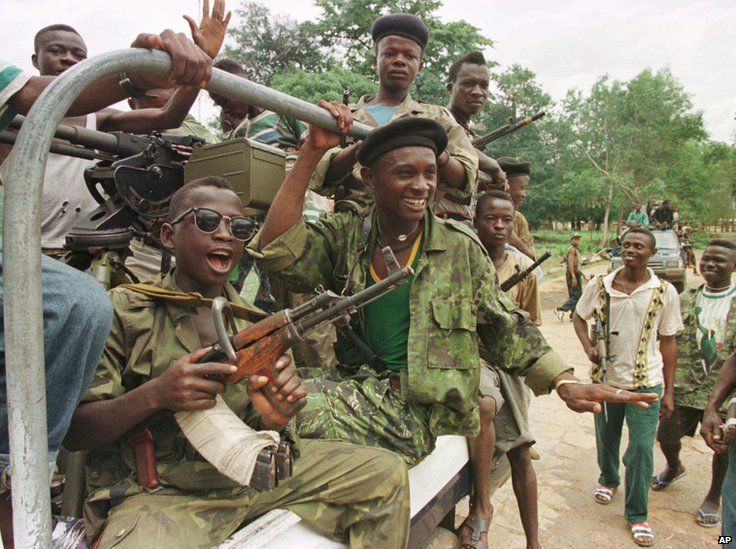
In fact, most commentators suggest that Alie Kabba was the original godfather of the RUF and not Foday Saybana Sankoh, whom on careful research, appears to be Alie Kabba’s flunky.
When questioned about Foday Sankoh at the International Criminal Court (ICC), Liberia’s former President Charles Taylor replied: “Foday Sankoh was apparently one of Alie Kabba’s men that was in the camp. I did not know Foday Sankoh just as Alie Kabba did not know my men.

“Foday Sankoh did not have the credentials to be a member of the Mathaba,” Charles Taylor, the leader of National Patriotic Front of Liberia rebels, asserted in his opening statement, 15 July, 2009 (part 3).
To better understand Alie Kabba’s role in the decade long civil war, it is worth taking a quick look into his student days at Fourah Bay College and his sojourns to Ghana and Libya following his expulsion from that the University of Sierra Leone.
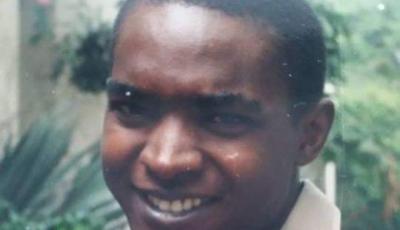
Many works on the civil war in Sierra Leone have traced the seed of the war to have been planted in the FBC campus during the 80s, an era that was rife with radical students’ revolutionary thinking, and characterised by riots as a result. It was in the midst of this that Alie Kabba rose to prominence while promoting his radical leftist ideologies.
In 1985 Alie Kabba, who was now a member of several radical groups – most notably the Green Book Study Group and promoting Muamar Al Ghadaffi’s ideas of revolutionary mass participation – was elected president of the student union.
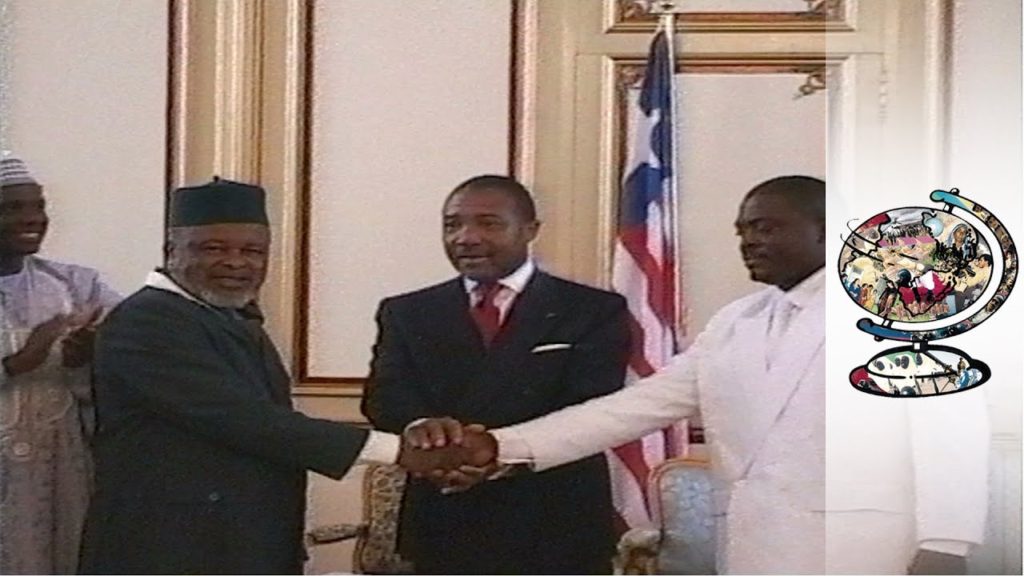
He wasted no time in showing his disregard for law and order by challenging university authorities at any given chance. His tenure also exhibited dictatorial tendencies.
An engineer, who was a student at the time, recalled an incident where a fellow student who was accused of stealing was publicly flogged. It may be worth pointing out that such fear tactic (public humiliation and torture), would later become the Modus Operandi of the RUF, who took this form to a grotesque level by hacking off limbs of innocent civilians in public.
In April 1985, following a riot led by Alie Kabba, 41 students including Kabba himself, were expelled from the university.
This will later become a defining moment and a catalyst for the revolution.
After his expulsion, Alie Kabba focused on strengthening his Libyan link by making frequent trips to Libya from Ghana, to seek funds for commando training for disgruntled Sierra Leonean youths.
Reporting his activities in the wake of his expulsion, the Truth and Reconciliation Commission (TRC) Final Report Vol. 3b: chapter 5) explained: “Some of the expelled students eventually found their way to Ghana and gained admission into the University of Legion.
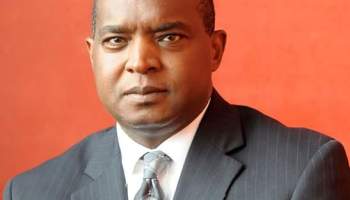
From Ghana, Alie Kabba made frequent visits to Guinea and Libya and was also a regular visitor to the People’s Bureau (as the Libyan Embassy was called) in Accra.
The idea of the Revolutionary United Front RUF actually came from the expelled students from Fourah Bay College, especially Alie Kabba to fight the APC government that was in power then.
With strong connections in Libya and funds secured, Alie Kabba started recruiting youths from Freetown, specifically the disgruntled ones that felt marginalised, for gorilla training in Libya.
After successfully setting up the training camp in Libya, Alie Kabba stayed in Ghana, from where he coordinated the activities of the revolution. It appears that his decision to not per take in the gorilla training angered his trainees.
According to the TRC report, the trainees at the camp in Libya started accusing Alie Kabba of “sitting on millions of dollars” meant for their training. This distrust between Alie Kabba and his men created a leadership void that was eventually filled by Foday Sankoh and as they say the rest is history.
The failure of the International Criminal Court (ICC) to indict Alie Kabba for war crimes is a different order of concern all together; thus, some will argue that the ICC’s inaction is an indication of Alie Kabba’s innocence in this gruesome matter.
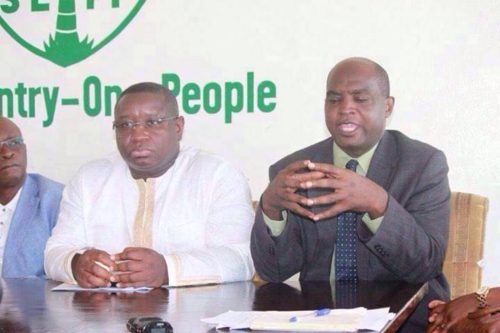
There is an old Krio adage, which when loosely translated reads as: “One mustn’t focus where they fall so much that they forget where they buck their feet.”
A look back at where we tripped, the root of the revolution, will put Alie Kabba firmly as the architect of the revolution and the original godfather of the RUF.
It was Alie Kabba who developed the ideological and strategic basis on which the revolution was launched; it was Alie Kabba who mobilised resources, both human and financial to promote and give life to the revolution.
Saying Alie Kabba is innocent is no different from saying Sankoh was a saint. To this day, there’s been no apology from Alie Kabba to this nation for his role in the civil war, a demonstration of his arrogance.
Instead, he is now asking the people of Sierra Leone to make him president. His liberty in Sierra Leone is an insult to the victims of the war. Alie Kabba should not be a free man, he is a war criminal and an enemy to the state.
It remains to be seen if the International Criminal Court in the Hague is going to revive the case against Alie Kabba especially following the recorded testimony of the indicted former Liberian president Charles Taylor who is serving 50 years imprisonment for leading the NPFL rebels against Liberia and Sierra Leone.



